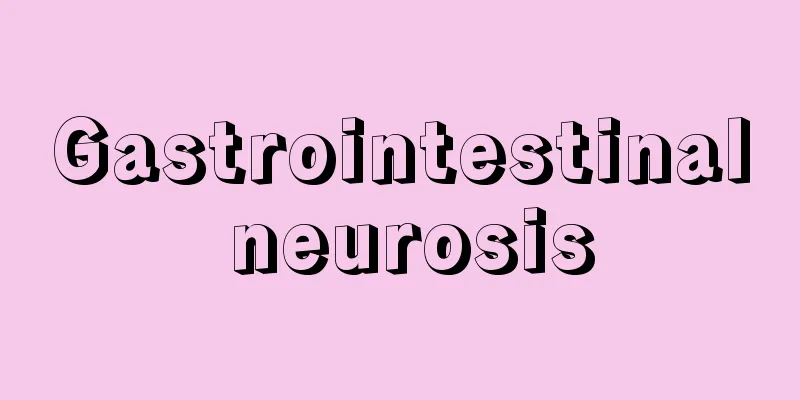Is esophageal cancer inherited by males or females?

|
Is esophageal cancer a family disease? Is esophageal cancer hereditary? This is a question that everyone is generally concerned about. This article will focus on this issue, collect opinions from experts and scholars, and use clinical and medical history surveys to discuss with everyone whether esophageal cancer is hereditary. Because esophageal cancer can occur in the same generation or in 2-3 consecutive generations within a family, according to a survey in some high-incidence areas of esophageal cancer in my country, 23.95% to 61% of esophageal cancer patients have a family history. Among patients with a family history, esophageal cancer patients are mainly paternal, followed by maternal, and the least collateral. Whether this obvious family clustering phenomenon of esophageal cancer is caused by genetics or a common living environment has not yet been determined. Currently, researchers believe that esophageal cancer is not a direct hereditary disease, but there is a tendency for many cases of esophageal cancer to occur in families. If someone in the family has esophageal cancer, the chances of their children developing esophageal cancer are several times higher than that of the average person. These cancers are called hereditary familial cancers. The influence of this genetic factor is medically called genetic susceptibility. A large amount of clinical data confirms that if there is an esophageal cancer patient in the family, the offspring will not necessarily suffer from esophageal cancer. Through observation, people gradually realize that lifestyle and exposure to certain carcinogens in the environment can increase the body's susceptibility to esophageal cancer. It is also found that some patients with congenital immune deficiencies have a much higher risk of esophageal cancer than normal people. For hereditary familial esophageal cancer, those who often have defective genes are more likely to suffer from esophageal cancer. In addition, very few esophageal cancer families have been found in the world. In such families, about one-third of the members have successively suffered from esophageal cancer, and the incidence rate is the same for men and women, and they mostly suffer from the same type of cancer. Such esophageal cancer families are definitely related to genetics, but in fact, there are not many such families. From the above information and the opinions of experts, we found that the genetic problem of esophageal cancer is very complicated. Whether genetics is the cause of esophageal cancer is still a mystery. The important thing is that we should do more prevention in our lives and have regular physical examinations to prevent the occurrence of esophageal cancer, as well as early detection and early treatment. |
<<: At what age is colorectal cancer most likely to occur
>>: Will you die from esophageal cancer?
Recommend
The difference between floury potatoes and crispy potatoes
Although potatoes are delicious, many people feel...
Is targeted therapy effective for advanced lung cancer? Matters needing attention in the treatment of advanced lung cancer
The treatment effect of late-stage lung cancer is...
What is the best way to clean gold
I believe that gold is not unfamiliar to everyone...
What causes cervical spinal stenosis?
The occurrence of cervical spondylosis will actua...
What to do if a cerebral infarction patient chokes while drinking water
Because of the influence of the disease, patients...
How to cut preserved eggs without them getting rotten
When we usually use preserved eggs to make some c...
What to do with dysmenorrhea and diarrhea?
Dysmenorrhea is a common phenomenon for female fr...
What are the benefits of soaking Nian Meng in water
Lemon is a common fruit in our lives. Because thi...
What is the reason for the pain on both sides of the chest? What is the reason for the pain on both sides of the chest?
If the pain on both sides of the chest occurs in ...
What is suitable for planting in alkaline soil
We humans need a specific environment to survive ...
Dissociative Disorder
Mental illness and neurotic illness are two diffe...
Why is the tip of the tongue numb
Although numbness at the tip of the tongue is not...
What are some good treatments for viral warts
Viral warts are caused by human papillomavirus, a...
The efficacy and function of ametrine
Many people may have heard of paper citrine. Some...
Can I exercise if I have uterine cancer?
Cervical cancer is the most common gynecological ...









